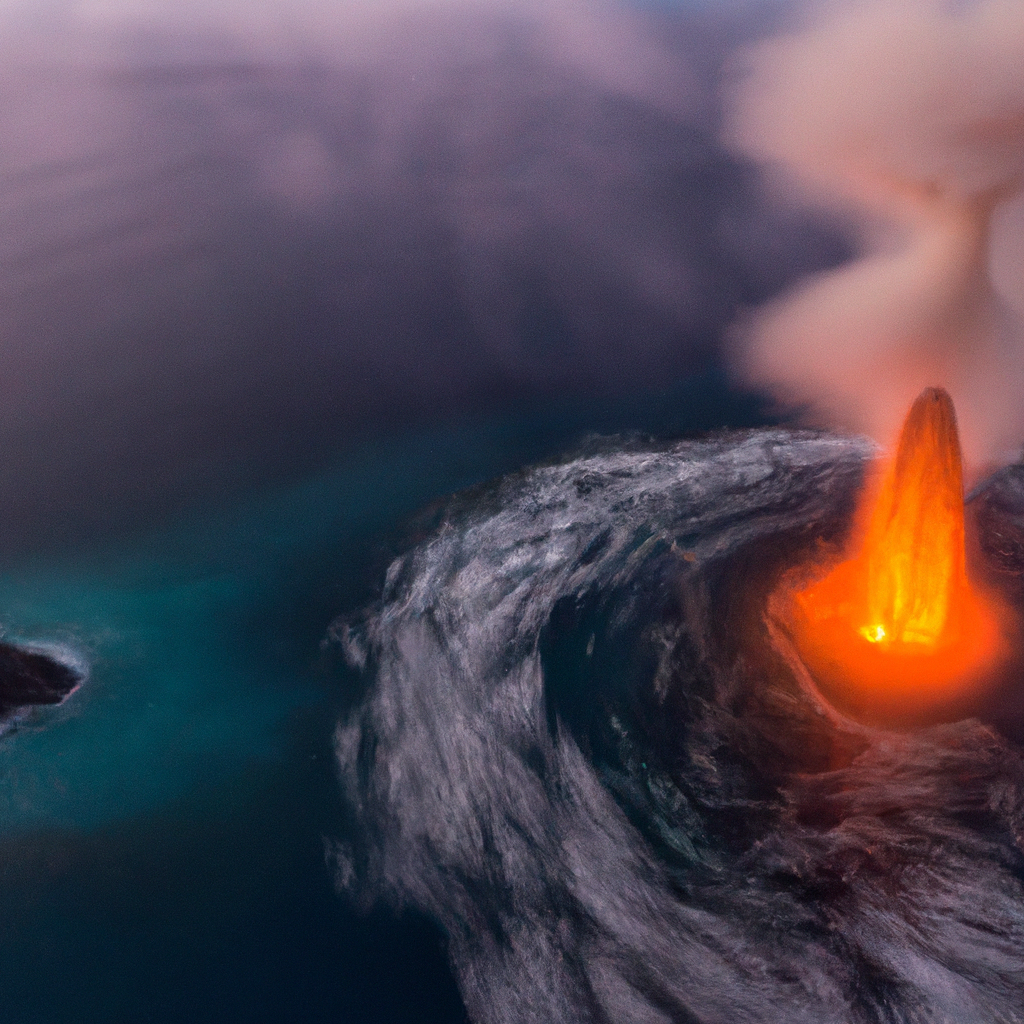An underwater volcanic eruption off Tonga in 2022 is believed to have contributed to 2023’s record global temperatures. Unlike most eruptions that cause a cooling effect, this one sent 60,000 Olympic swimming pools equivalent of water vapor into the stratosphere. As a natural greenhouse gas, water vapor traps heat.
The period from June to August was notably hot, with heatwaves recorded from Japan to the US. Therefore, scientists attribute these conditions majorly to human-induced greenhouse emissions, an El Nino event, control on pollution from shipping fuels, and the eruption. The researchers opine on the need to explore further the role of volcanoes in temporary global warming changes.
The Tonga explosion released around 150 million tonnes of water vapor, approximately 10% of the usual amount present in the stratosphere, according to Margot Clyne, an atmospheric scientist. Furthermore, the eruption also released sulphur dioxide, which often cools the Earth.
The U.N.’s Intergovernmental Panel on Climate Change (IPCC) report states that sun-dimming eruptions have happened approximately twice a century for the last 2,500 years. These eruptions have a history of influencing global temperatures and causing disasters. The Hunga Tonga-Hunga Ha’apai, located around 150 meters below sea level before it erupted, poses a mystery due to its differing impact on global temperatures.
Read source article here:
https://www.context.news/climate-risks/why-is-2023-so-hot-a-rare-pacific-volcano-is-among-the-suspects




